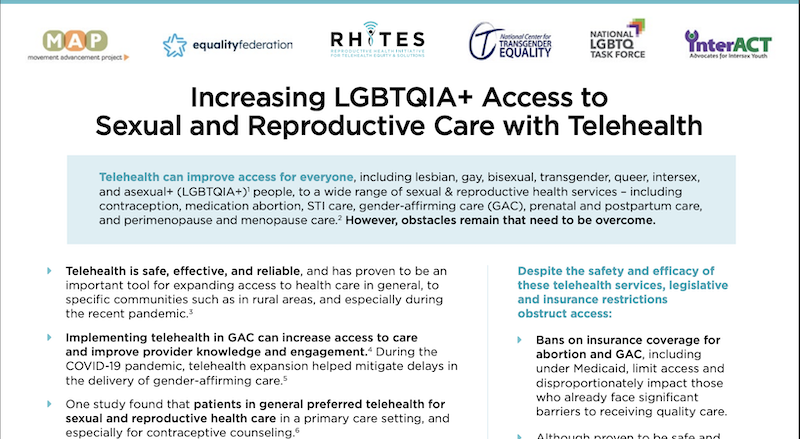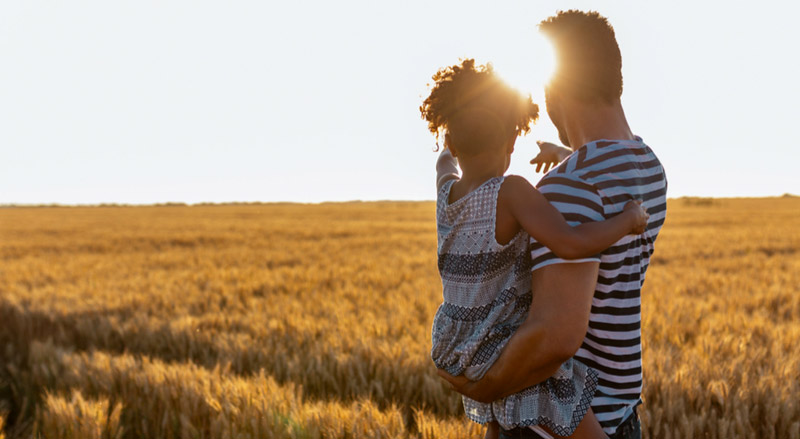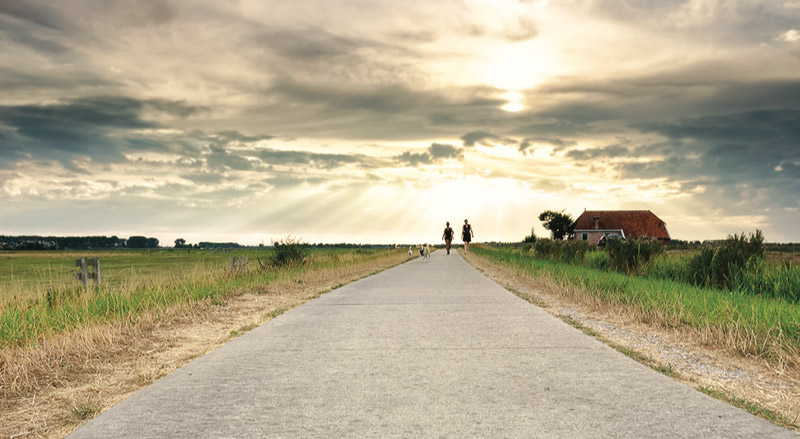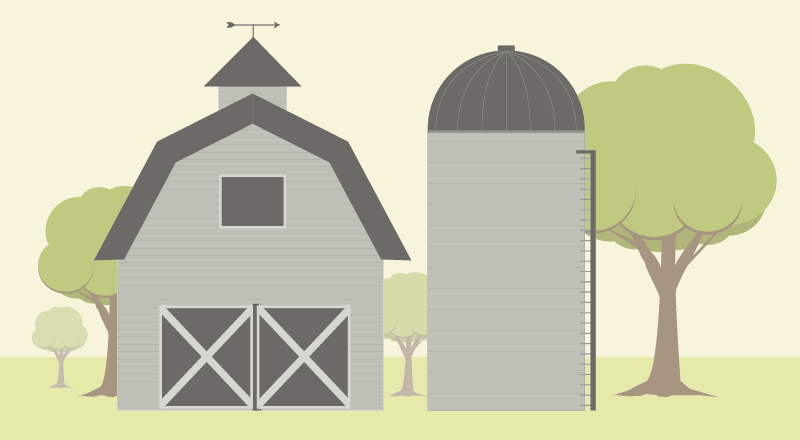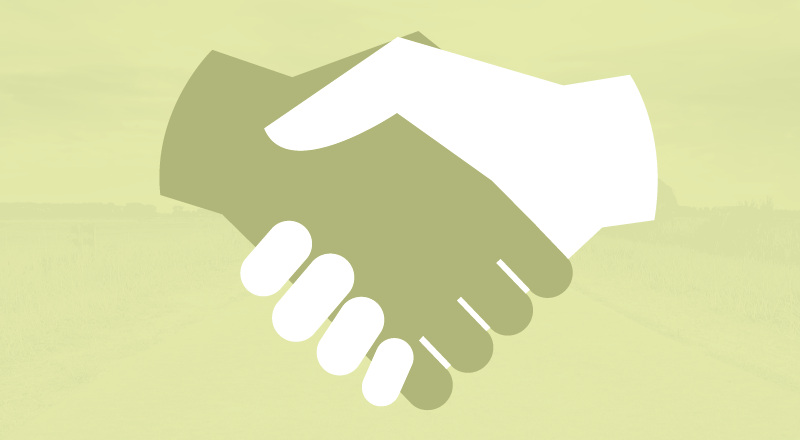
Popular culture images of LGBTQ people suggest that most LGBTQ people live in cities or on the coasts. Yet an estimated three million or more LGBTQ people call rural America home. LGBTQ people are part of the fabric of rural and urban communities alike, working as teachers and ministers, small business owners and community organizers, farmers and construction workers. LGBTQ people who choose to live in rural communities often choose to live there for many of the same reasons that other people do: they value the same, wonderful aspects of rural life as other people, including vibrant and tight-knit community, family life, and connection to the land. Rural communities are where they were raised, where their families are, where they build their lives, or simply where they call home.
Among other challenges, rural LGBTQ people are less likely to have explicit nondiscrimination protections, are more likely to live in areas with religious exemption laws that may allow service providers to discriminate, and have fewer alternatives when facing discrimination, as detailed in a new report released today. Although LGBTQ people in rural areas face many of the same challenges as their neighbors, they experience different consequences, and the many structural challenges of living in rural communities can often amplify LGBTQ people’s experiences of both acceptance and rejection.
The
Where We Call Home series of reports
examine the structural differences in rural life and their unique impact on LGBTQ people in rural areas, who are both more vulnerable to discrimination and less able to respond to its harmful effects.

 Popular culture images of LGBTQ people suggest that most LGBTQ people live in cities or on the coasts. Yet an estimated three million or more LGBTQ people call rural America home. LGBTQ people are part of the fabric of rural and urban communities alike, working as teachers and ministers, small business owners and community organizers, farmers and construction workers. LGBTQ people who choose to live in rural communities often choose to live there for many of the same reasons that other people do: they value the same, wonderful aspects of rural life as other people, including vibrant and tight-knit community, family life, and connection to the land. Rural communities are where they were raised, where their families are, where they build their lives, or simply where they call home.
Popular culture images of LGBTQ people suggest that most LGBTQ people live in cities or on the coasts. Yet an estimated three million or more LGBTQ people call rural America home. LGBTQ people are part of the fabric of rural and urban communities alike, working as teachers and ministers, small business owners and community organizers, farmers and construction workers. LGBTQ people who choose to live in rural communities often choose to live there for many of the same reasons that other people do: they value the same, wonderful aspects of rural life as other people, including vibrant and tight-knit community, family life, and connection to the land. Rural communities are where they were raised, where their families are, where they build their lives, or simply where they call home.